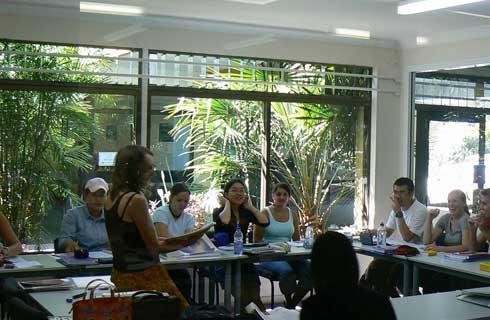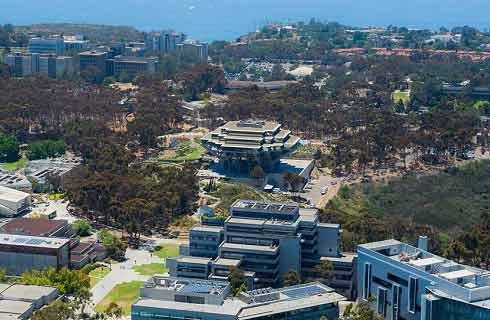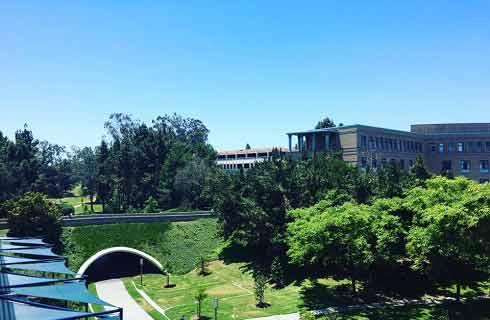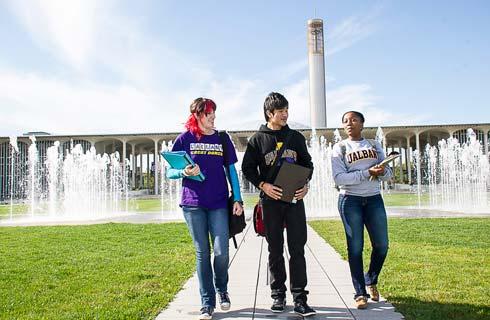文学士和护理硕士-人类学
Bachelor of Arts and Master of Nursing - Anthropology

学历文凭
Dual Degree

专业院系
Department of Anthropology

开学时间

课程时长

课程学费

国际学生入学条件
IDP—雅思考试联合主办方

雅思考试总分
- 雅思总分:
- 托福网考总分:
- 托福笔试总分:
- 其他语言考试:
CRICOS代码: 069877K
申请截止日期: 请与IDP联系 以获取详细信息。
课程简介
The combined Bachelor of Arts and Master of Nursing program develops analytical and critical capabilities alongside the skills and expertise you need to become a registered nurse. It opens up a wide range of career opportunities across both clinical and non-clinical settings. As an arts and nursing student, you will learn from leaders in the humanities and healthcare disciplines, gaining a broad interdisciplinary knowledge alongside leadership and critical thinking skills. You will develop a comprehensive understanding of the impact of nursing practice within local and global health contexts, and across changing healthcare systems. You will graduate with two degrees after four years of full-time study and will be eligible to apply for registration with the Nursing and Midwifery Board of Australia. Complementing your nursing studies, the Bachelor of Arts allows you to explore your passions, interests and ambitions as you develop all-round professional capabilities. With a diverse range of experience and expertise, you will be highly employable in both clinical and non-clinical settings spanning nursing and healthcare, media and communications, government, community organisations and research.Social and cultural anthropology is the holistic study of humankind, both what we share in common and what is particular to different cultural groups. The discipline emphasises humans' innate capacity to create culture, and the need for individuals to become part of a culture in order to thrive.Anthropology allows you to develop discerning views on major issues in the world today. You will learn how to participate in larger debates in the social sciences by contributing cross-cultural comparisons and generalisations. You will discover that a genuine understanding of another culture requires an awareness that your own culture is only one possibility in a field of human diversity.Your studies will explore core methods and theories of cultural analysis and develop an appreciation of how our own culture shapes our understanding of others and ourselves.Key research and teaching areas include: area studies (China, Indigenous Australia, Latin America, Melanesia, Southeast Asia); the study of key issues in the world today across different cultures and societies, including economic inequality, health outcomes and healing systems, religious traditions and movements, gender relations, and forms of families; critique of racism, multiculturalism, development, the environment; and the history, theories and methods of anthropology.As a graduate you will have a sophisticated understanding of cultural difference in a globalised world, and the capacity to analyse cross-cultural settings wherever they occur. These are important skills for employment in a wide range of public, private, and non-profit organisations.
相关申请
 预科
预科 奖学金
奖学金 实习机会
实习机会 在校学习
在校学习 跨境学习
跨境学习 校园授课-线上开始
校园授课-线上开始 在线/远程学习
在线/远程学习
开学时间&学费
学费信息仅供参考,请与IDP联系以获取详细信息
| 开学时间 | 时长 | 学费 | 地点 |
|---|
学校排名

世界排名60
数据源:
泰晤士高等教育世界大学排名
关于悉尼大学

位于澳大利亚首都的悉尼大学是举世闻名的机构,一直名列世界前20名大学之列(2024年QS世界大学排名)。在2022年QS毕业生就业能力排名中,悉尼大学的毕业生也位居澳大利亚第一和世界第四。来自世界各地的学生进行本科和研究生水平的学习。学生可以在澳大利亚最广泛的课程和学科中选择。该大学提供超过400个学习领域供学生选择,大学5门学科位居世界前十名,另外还有28门学科位居世界前50名(2022年QS世界大学学科排名)。通过实习和工作经验以及通过大学海外项目进行国际交换(包含在学位内的可选项目),从而增加了学生的就业机会。学生将在支持和启发的环境中学习和发展,大学会提供给学生大量的服务,这包括学术和专业支持,残疾服务,保密咨询服务,健康服务还有财务援助办公室提供服务。学生还可以参加由悉尼大学学生会(USU)运营的250多个校园俱乐部和社团,从体育运动到文化团体应有尽有。校园内有许多可供学生使用的设施,其中包括带奥林匹克规格温水游泳池的健身室和攀岩中心。此外,还有美术馆、博物馆、咖啡馆、餐厅和酒吧供学生休闲。学生还可以使用南半球最大的学术图书馆。悉尼是世界上最优秀的城市,根据《经济学人》2021年安全城市指数显示,悉尼被评为第四大最安全的居住地,当地的学生体验得以丰富和提升。
本校相关课程

Graduate Certificate in Clinical Dentistry - Advanced Restorative
学历文凭
Graduate Certificate
开学日期
课程费用总额


Graduate Diploma in Clinical Dentistry - Advanced Restorative
学历文凭
Graduate Diploma
开学日期
课程费用总额


城市和区域规划研究生文凭
学历文凭
Graduate Diploma
开学日期
课程费用总额


教育硕士
学历文凭
Masters Degree (Coursework)
开学日期
课程费用总额


专业工程学硕士(电力)
学历文凭
Masters Degree (Coursework)
开学日期
课程费用总额


专业工程学硕士(电信)
学历文凭
Masters Degree (Coursework)
开学日期
课程费用总额

其他相关课程

国家土著研究中心哲学博士
 澳大利亚国立大学
澳大利亚国立大学学历文凭
Ph.D.
开学日期
课程费用总额


芬纳环境与社会学院哲学硕士
 澳大利亚国立大学
澳大利亚国立大学学历文凭
Masters Degree (Research)
开学日期
课程费用总额


社会科学学士(荣誉学位)
 纽卡斯尔大学
纽卡斯尔大学学历文凭
Bachelor Degree with Honours
开学日期
课程费用总额


哲学博士(人文,艺术和社会科学)
 斯威本科技大学
斯威本科技大学泰晤士高等教育世界大学排名:282
学历文凭
Ph.D.
开学日期
课程费用总额


国际发展研究生文凭
 乐卓博大学
乐卓博大学泰晤士高等教育世界大学排名:267
学历文凭
Graduate Diploma
开学日期
课程费用总额


土著哲学博士
 南十字星大学
南十字星大学泰晤士高等教育世界大学排名:456
学历文凭
Ph.D.
开学日期
课程费用总额










